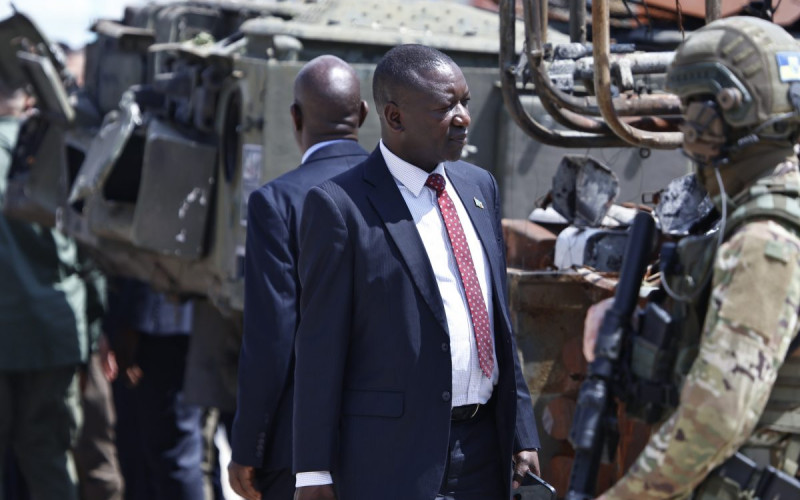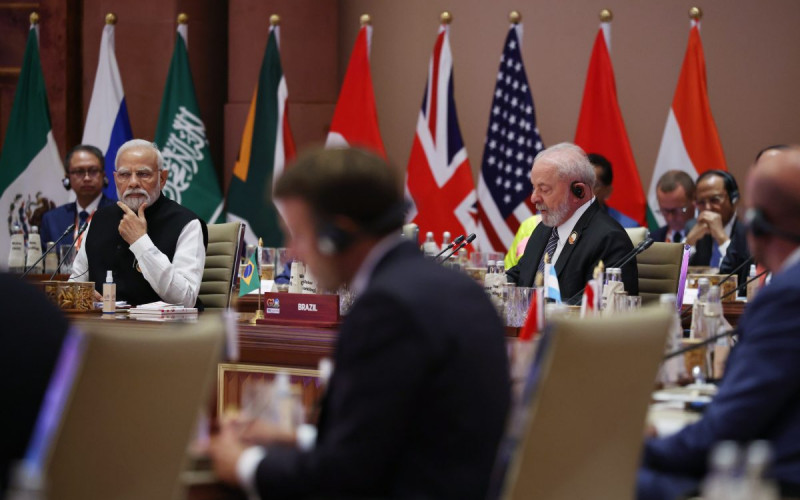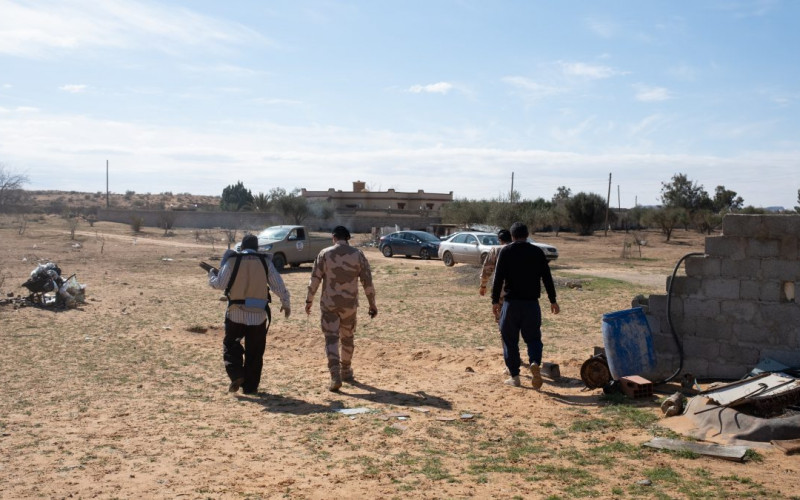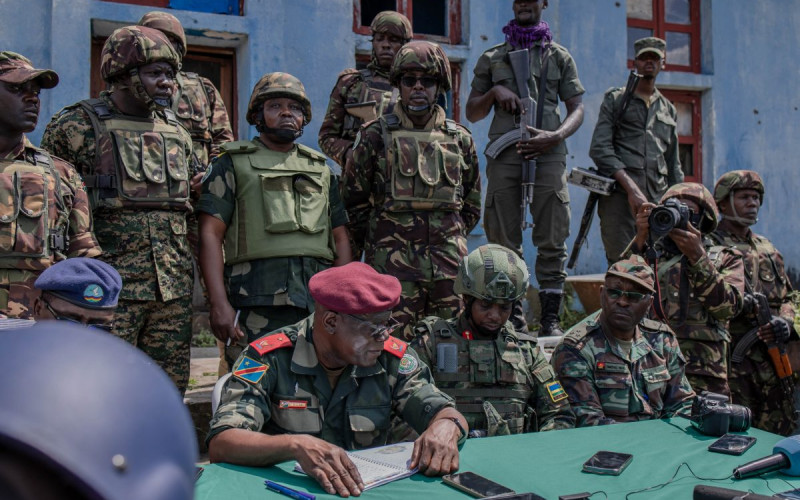NeThe evidence has been accumulating for some years that this is not the case. Unless the one factor that laid a basis for success in South Africa’s successful negotiated transition is present, the South African model will not apply. That factor is the willingness of the opposing parties to negotiate with each other in good faith.
In spite of some pretty tough bargaining and some strong verbal exchanges and breakdowns along the way, the opposing parties in South Africa were prepared to sit down at the table and negotiate a solution.
In fact, any political leader who claimed to have a following in South Africa was welcome to come to the table with no prior judgment of the veracity of claims of electoral support. That was left to the voters in the elections on April 27, 1994 to decide. Many fell by the wayside.
The euphoria of South Africa’s success left the political leadership with the illusion that the same model would work elsewhere.
The earliest sign that this was not the case came in the Ivory Coast, when the mediation efforts of then president Thabo Mbeki failed to resolve the disputes or even bring the players to the table.
President Jacob Zuma’s more recent attempts in Ivory Coast were equally unproductive and led merely to allegations from observers and analysts of inconsistencies in South African foreign policy and its implementation.
Similar problems arose in dealing with the uprising against Muammar Gaddafi in Libya. Somewhat surprisingly, when the matter came before the UN Security Council all three of the nonpermanent members from Africa supported the resolution calling for action against the Libyan regime.
South Africa’s positive vote was out of line with the votes of the other members of the Brics that South Africa has recently joined. China, India and Russia, all countries with the power to kill the resolution through the use of their veto, abstained. As did the nonpermanent member of the UN Security Council, Brazil – the B in Brics.
Shortly afterwards the African Union’s Peace and Security Council, of which South Africa is a member, took a different view. It called for mediation and assigned the task to President Zuma.
Matters were further complicated by the news from colleagues in the media who were present that the photographer, Anton Hammerl, had been killed in the desert many weeks before by troops loyal to Gaddafi.
The reaction from the South Africa’s International Relations and Cooperation Minister, Maite Nkoana-Mashabane, was sharp and outspoken. She accused the Libyan authorities of lying to South Africa.
This was hardly an auspicious basis for the start of Zuma’s mediation efforts. The glum faces in the photos of the meeting between Zuma and Gaddafi seemed to say it all.
Again his attempts to apply the South African formula of inclusive negotiations between Gaddafi and the rebels on finding a way forward, led nowhere. Neither side was prepared to make any concession.
The rebels demand that Gaddafi step down and leave the country, with no quarter given. Gaddafi on the other hand had no interest in any proposed exit strategy allegedly offered him by Zuma.
There has been some speculation that Zuma offered Gaddafi refuge in South Africa, in the way former president Thabo Mbeki hosted Bertrand Aristide, the exiled president of Haiti.
But there was a major difference, one Gaddafi was no doubt aware of. In his case there are moves to have him indicted by the International Criminal Court. South Africa is a party to the Rome Statute that established the court. As such it would have the international obligation to arrest and extradite Gaddafi if he set foot on South African soil.
No need then for the South African taxpayers to worry that they will have to keep Africa’s “King of Kings” at the level of luxury and comfort to which he is accustomed. He will not be coming.







